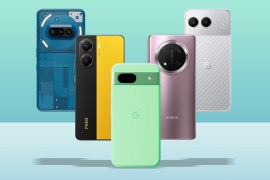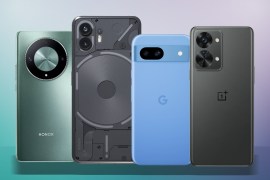Google Pixel 3a vs Pixel 3: What’s the difference?
The first budget Pixel keeps most of what makes the pricier models great
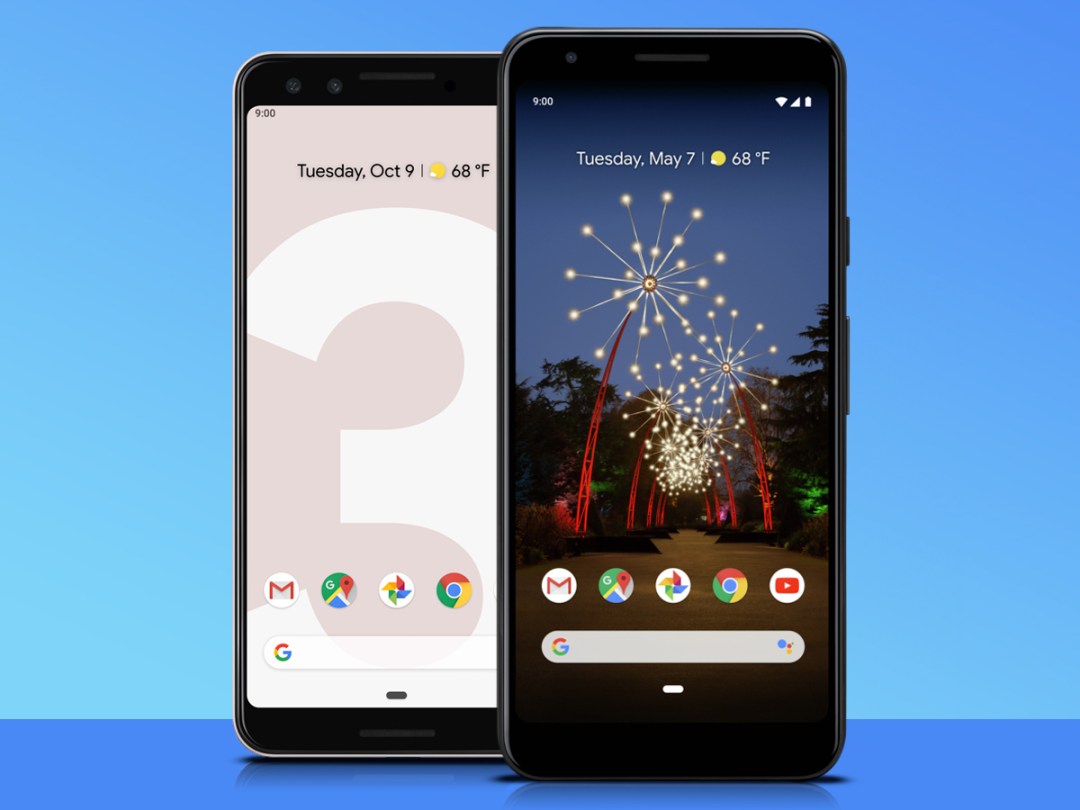
Google’s Pixel phones have never been particularly affordable right out of the gate – not until now, at least.
With the Pixel 3a, Google is finally getting hip to the idea that not everyone wants to spend big for an ultra-premium flagship phone. The Pixel 3a has familiar styling and near-stock Android Pie onboard, along with some other familiar specs – but it trims down the processor speed and cuts a couple features in search of a much more palatable price.
What’s the same and how much are you losing by picking the Pixel 3a over the standard Pixel 3? Here’s how the two phones compare.
Design: Looks the same
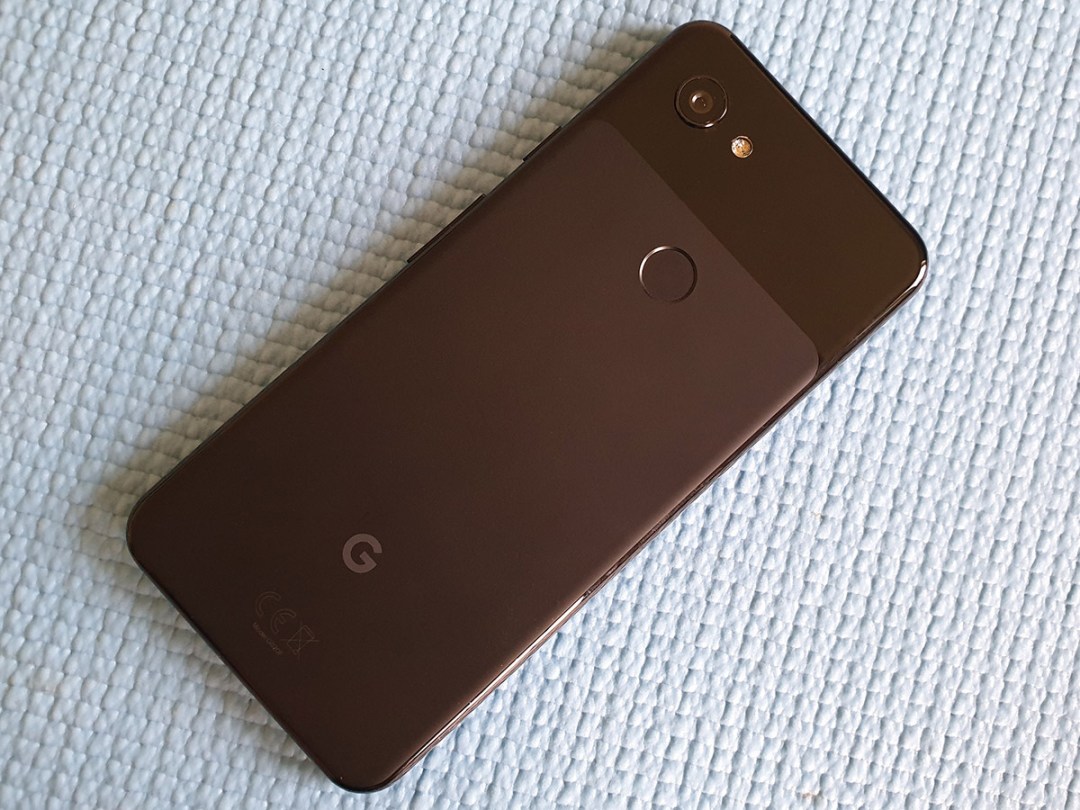
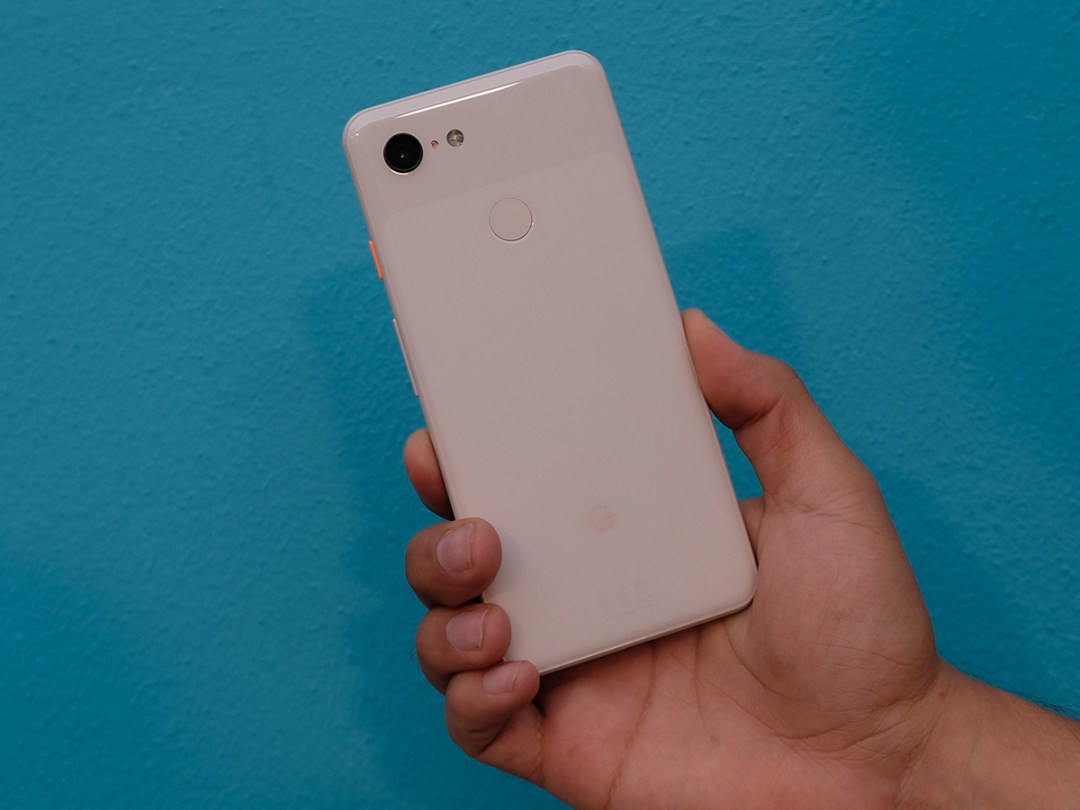
The Pixel 3a looks effectively identical to the regular Pixel 3 at a glance, with the same kind of two-tone backing effect and oversized bezels around the screen – but you’ll tell the difference once it’s in your hands.
See, while the Pixel 3 has glass and aluminium within its flagship build, the Pixel 3a swaps to cheaper plastic to cut down on the price tag. No doubt, it makes the phone feel a lot less premium, but it helps accomplish the mission without killing the Pixel aesthetic. On the other hand, the Pixel aesthetic is looking a bit dated these days… but that’s a topic for another article.
Both phones come in Just Black and Clearly White options, while the Pixel 3 has Not Pink as its third colour and the Pixel 3a introduces the new Purple-ish choice.
Screen: Surprisingly similar
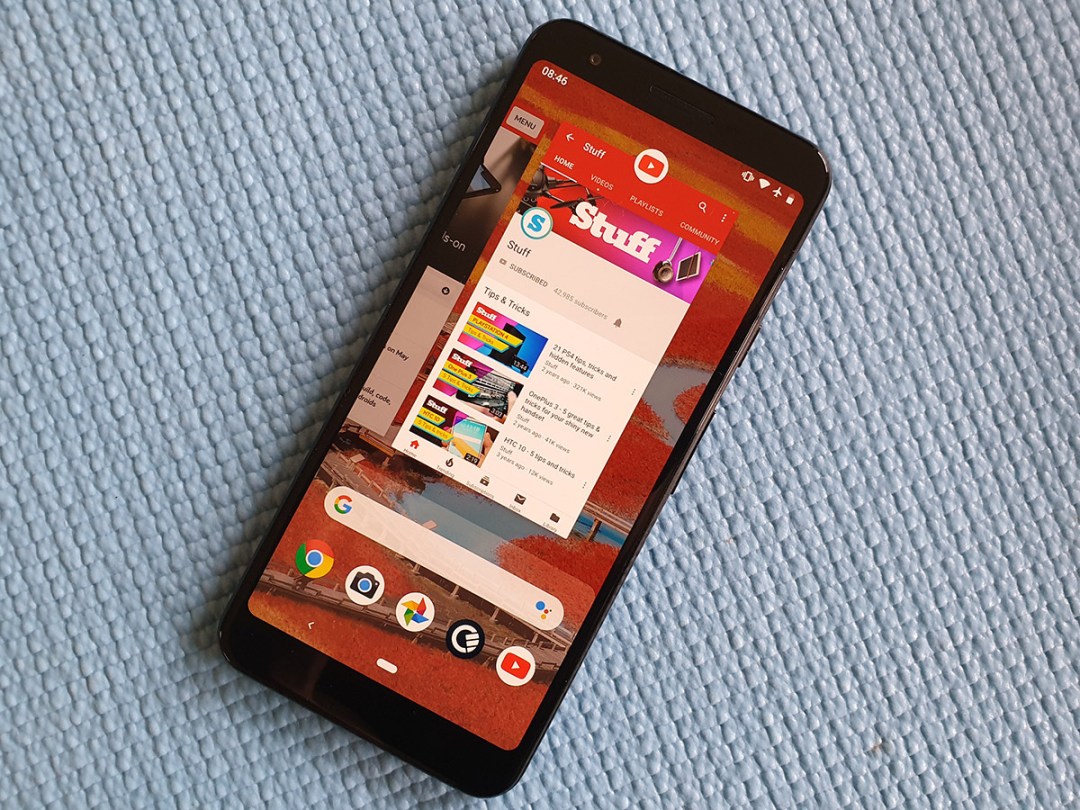
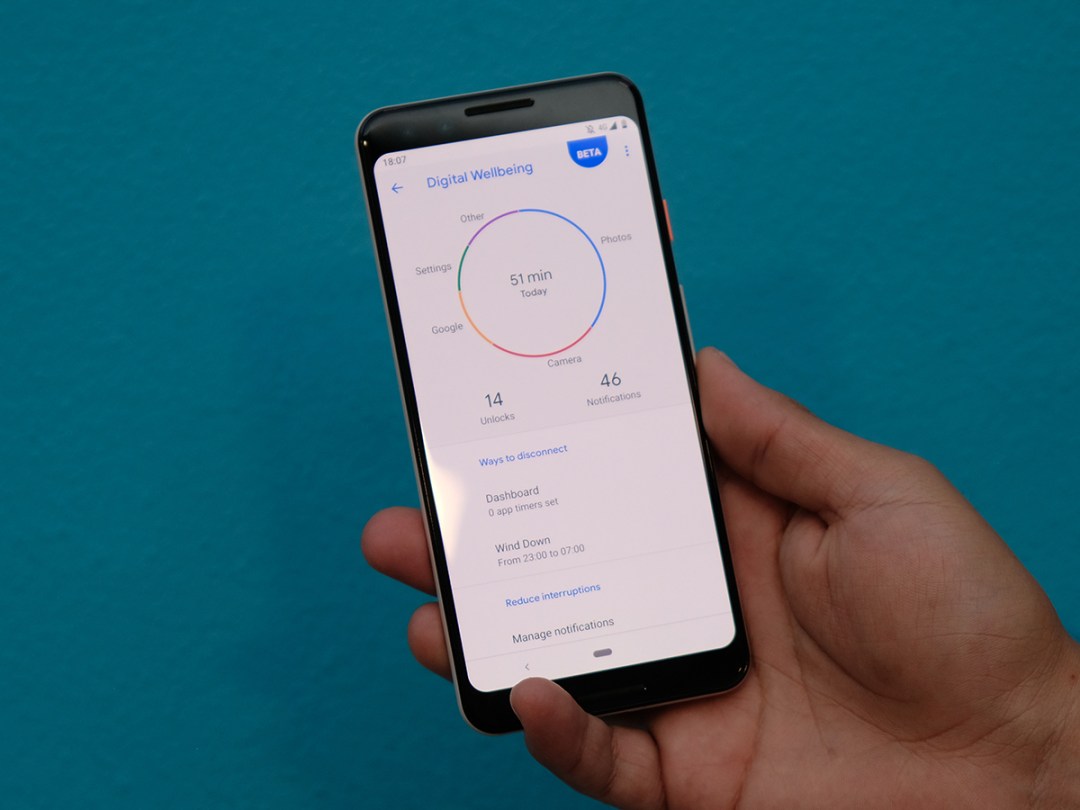
Early rumours pointed to Google using cheaper LCD displays for the Pixel 3a models, so imagine our surprise when they ended up being OLED panels just like the standard Pixels.
That’s a nice twist. Confusingly, the Pixel 3a comes in the tiniest smidge larger with a 5.6in display as opposed to 5.5in on the Pixel 3, and both are Full HD+ panels. It looks just as excellent on the cheaper model, with impressive contrast and more natural colours than the Samsung Galaxy S10e.
Read More › Google Pixel 3a review
Camera: Still excellent

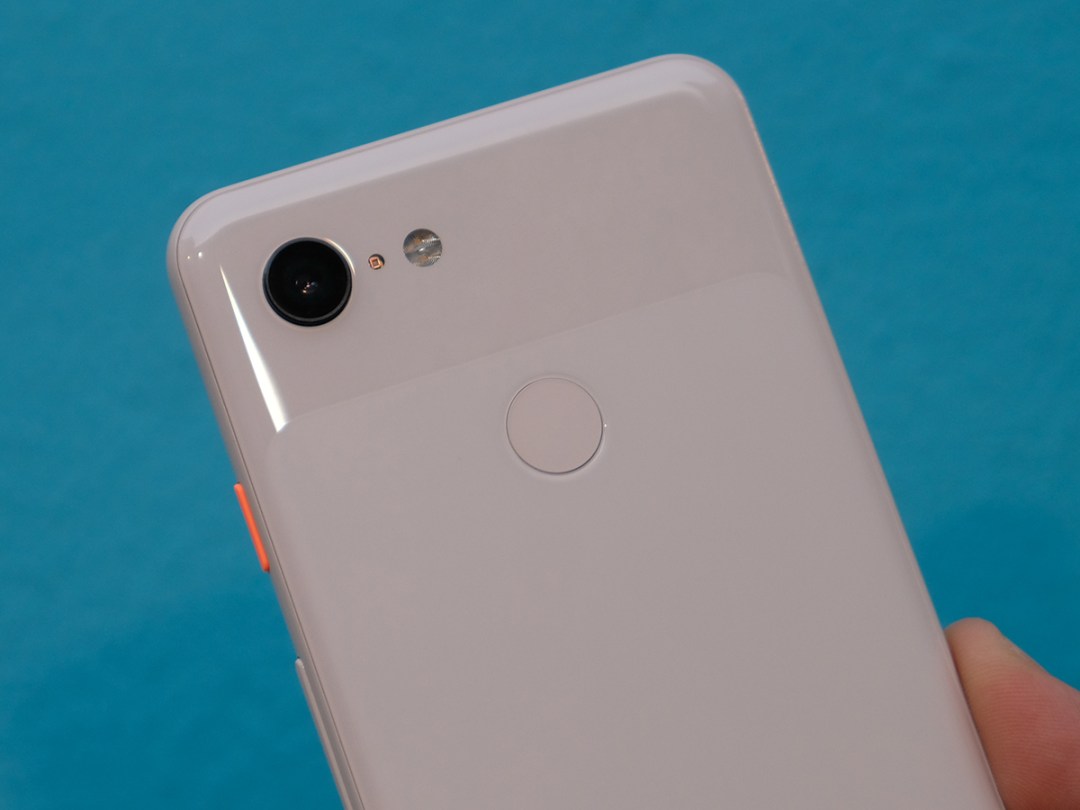
The Pixel 3 has been beaten out by some of the feature-packed, multi-camera setups on other phones, especially the Huawei P30 Pro and Mate 20 Pro – but it still has one of the best cameras on a smartphone today. And now it’s on the Pixel 3a.
Thankfully, Google kept the same hardware intact for the cheaper phone, with a single rear 12.2-megapixel shooter at f/1.8 aperture with optical image stabilisation and dual-pixel autofocus. It pulls in loads of detail and delivers great contrast, and even has the great Night Sight mode from the standard Pixel 3. The Pixel 3a doesn’t have the Pixel Visual Core chip from the pricier models, but we still saw great results from the camera.
On the front, the Pixel 3a sacrifices the wide-angle “group selfie” secondary camera from the Pixel 3, and the primary fixed-focus camera is a less powerful than the one on the Pixel 3. It won’t give you mind-blowing selfies, but they’ll be just fine.
Performance: Pie’s still tasty
Here’s where you’ll see a more significant difference between the models. The Pixel 3 packs in last year’s flagship Qualcomm Snapdragon 845 processor, delivering one of the fastest Androids on the market before this year’s Snapdragon 855 came along.
On the other hand, the Pixel 3a opts for a mid-range Qualcomm Snapdragon 670 chip, with the same 4GB RAM tally as the Pixel 3. In our testing, we found it to feel super snappy in everyday usage, and you’ll only really see differences in benchmark testing. Game performance is a little more hit-or-miss, with Asphalt 9 dropping to a lower default graphics quality level while PUBG Mobile held up well on high settings.
Credit Android 9 Pie for keeping everything smooth here. Google’s own take on the OS is clean and unfettered, with no unnecessary cruft. It was great on the Pixel 3 and it’s just as great here. And you’re sure to get the proper release version of Android 10 Q before anyone else with either of these phones.
Battery and perks: Some tweaks
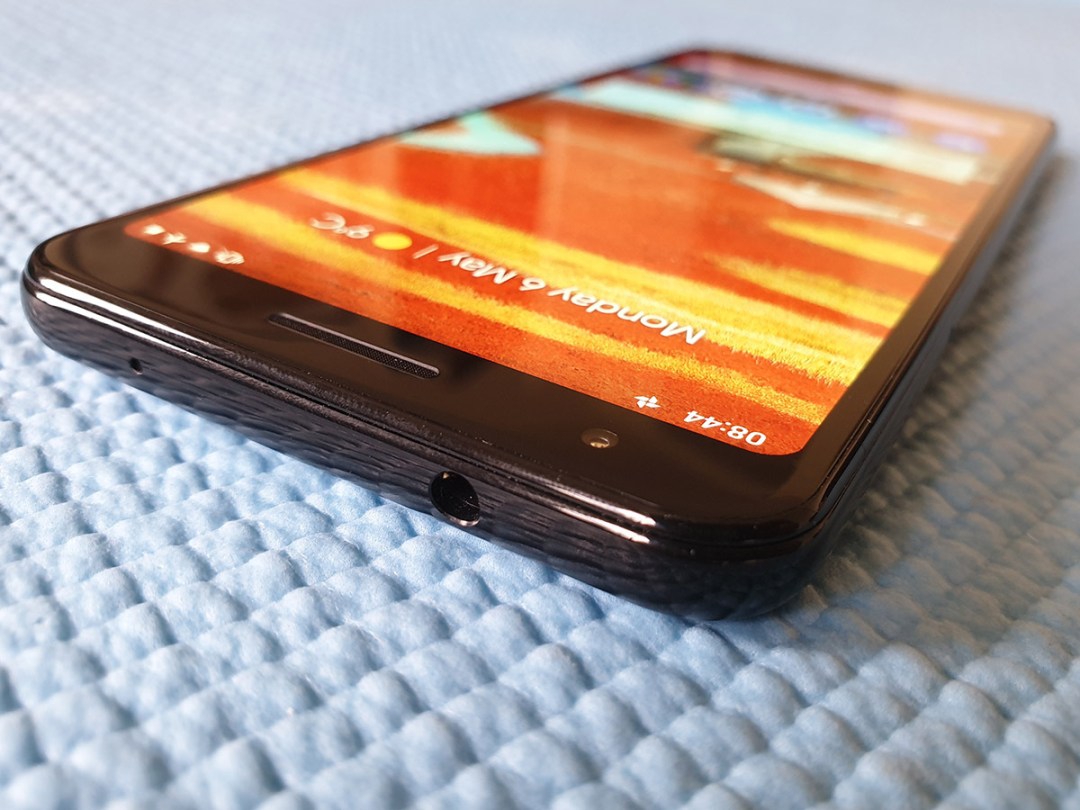
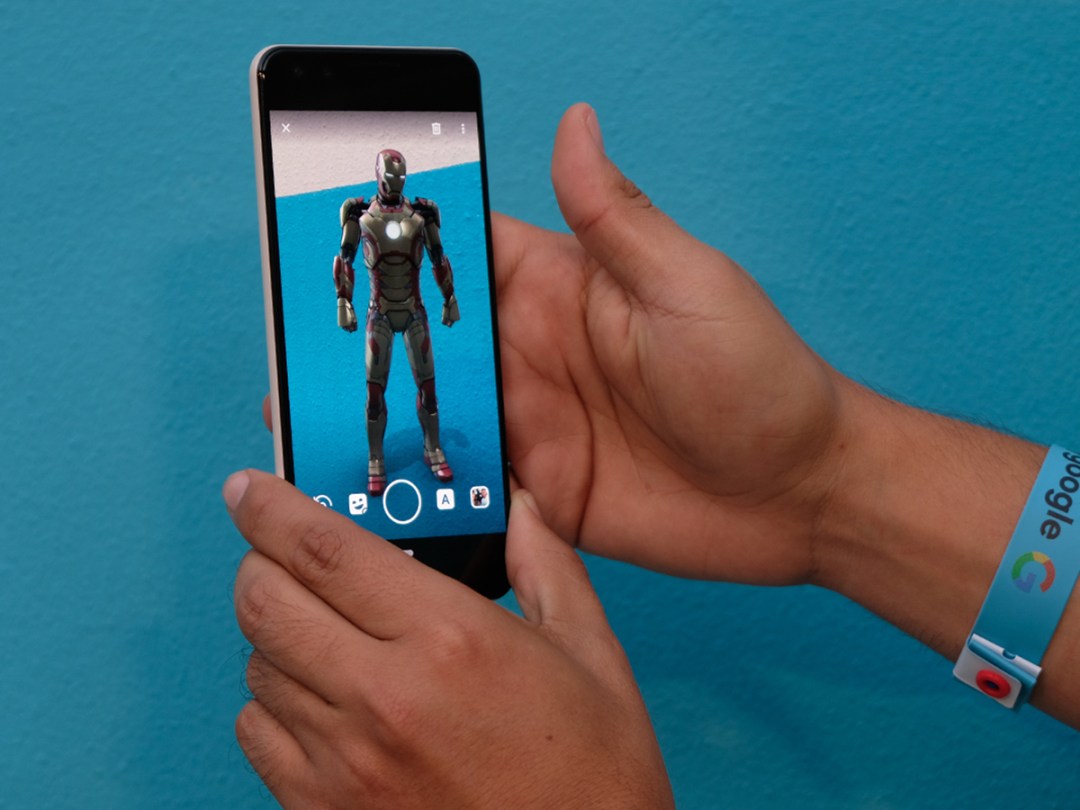
Surprisingly, you’ll get a slightly larger battery here at 3,000mAh, compared to 2,915mAh on the Pixel 3. Chalk that up to the slight size difference on the screen, but with a lower-end processor in the Pixel 3a, we wouldn’t be surprised to see a smidge more battery life in everyday use. All told, you can probably expect an average day’s worth on either.
With plastic on the back instead of glass, though, the Pixel 3a sheds wireless charging. Still, it’ll do wired fast charging, and it’s incredibly swift. In both cases here, you can’t pop in a microSD card for expandable storage – and the Pixel 3a only offers a 64GB model, while the Pixel 3 has 64GB and 128GB options. The Pixel 3a is not a phone for people who want to carry around a load of local media, or several folders full of games.
Oh, and one big surprise here: the Pixel 3a reinstates the 3.5mm headphone port that is missing from the Pixel 3.
Also Read › The most anticipated smartphones of 2019
Verdict: Smart tweaks win out
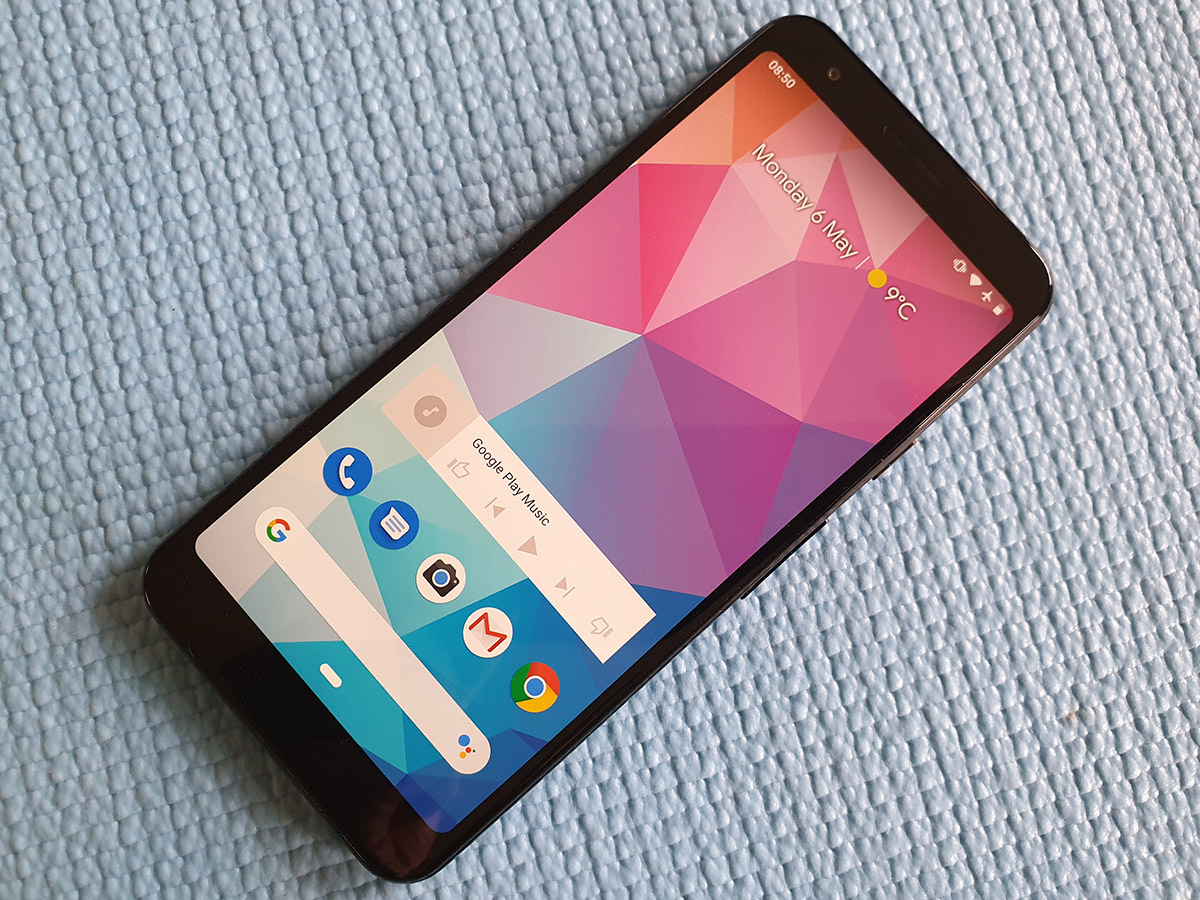
At £399, the Pixel 3a represents a serious discount from the original £719 price point of the Pixel 3, trimming a bit of power and some high-end hardware polish – along with wireless charging – to the tune of a £300+ price drop. Of course, after several months, the Pixel 3 can be found for less than £719; Google has it for £589 as of this writing.
Even so, there’s plenty of reason to skip out on the top-end model and opt for Google’s first budget-minded Pixel. The screen is just as great, the camera is still excellent, and Android Pie still shines here despite the weaker processor. The Pixel 3a loses more from its price tag than its feature set or everyday allure – which means it’s a pretty great deal.

